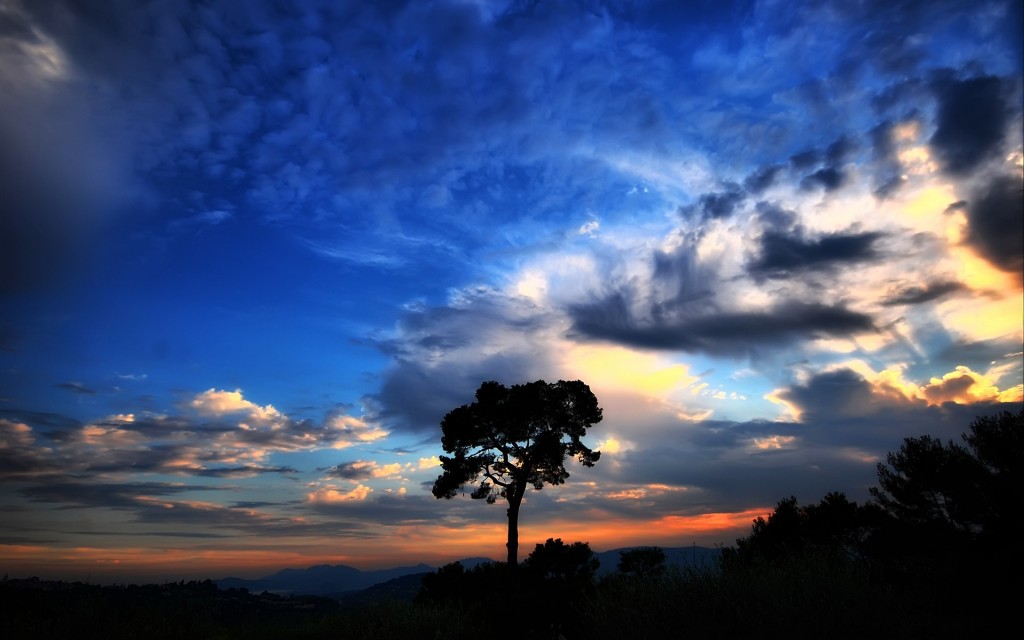
In my remarks at the 2017 FairMormon conference, one of my comments concerned the fact that none of us achieve our full potential in this life. In fact — and, for this point, I used the tragic story of Ludwig van Beethoven as an illustration — many of us die sadly young, undernourished, uneducated, impoverished, and/or ill, coming nowhere near full realization of our talents and abilities, our potential for service and accomplishment.
To me, this offers a powerful reason to hope that life will continue beyond the grave. It certainly doesn’t prove that we’re immortal, but it strongly encourages me, at least, to desire such continuation.
However, I’ve been thinking about the matter from a different angle over the past few days:
From where I’m positioned, geographically and historically, I have enormous freedom of enjoyment. I can eat Mexican or Thai or French or Indian or Chinese or American or Italian food. If I choose, I can do so while watching a documentary about ancient Rome, or listening to an excellent recording of the Vienna Philharmonic performing a symphony by Bruckner. Afterwards, I can read Homer or Dante or Yeats or Hemingway or Tom Clancy.
Others, in other locations, don’t enjoy the variety that I do. If you’re a rural Mexican peon, you eat Mexican food every day — and, very likely, a limited range of that. The same, mutatis mutandis, is true for Chinese and Indian peasants, and so forth. And they seldom if ever get to enjoy Mozart or John Coltrane or Kathy Mattea or Bob Dylan. They never listen to recordings of the Berlin Philharmonic or the London Symphony Orchestra. Nor did any ancient Roman, no matter how aristocratic, enjoy the variety of diet that’s available to average Americans today — fruits at all seasons, vegetables unknown to the Empire, milk shakes, Korean barbecue, hamburgers, Iskender kebap, turkey chili, and hundreds of other culinary wonders.
I’m privileged beyond any Roman emperor of the past in my range of actual and potential experiences. I live in far greater comfort. Moreover, I’ve been to Rome, but Augustus Caesar never came to Utah, or visited Hawaii, or, even, looked down from the Jungfraujoch.
But here’s where my thoughts have really been going over the course of the past few days, while sitting at the Utah Shakespeare Festival:
I can (and do) enjoy reading Othello and King Lear, or taking in performances of Two Gentlemen of Verona and The Merchant of Venice. Chaucer and Dante could never do that. Nor could Shakespeare’s Elizabethan audiences listen to Verdi’s Otello or watch Franco Zeffirelli’s film of Romeo and Juliet or Kenneth Branagh’s version of Henry V.
Moreover, neither Shakespeare nor his contemporaries ever had the opportunity to read Goethe, or Dickens, or Tolkien, or Kafka, or Keats, or Lorca, or Kazantzakis. Just as Henry Purcell and John Dowland — two early English composers that I like very much — never got the chance to hear Bach, Strauss, Brahms, Wagner, Tchaikovsky, Prokofieff, and Stravinsky.
Here, though, is my issue:
Presumably, the development of civilization, of literature and music and art (and science and other fields), hasn’t stopped. We haven’t achieved stasis or equilibrium.
And, just as I pity the generations before Shakespeare because they never saw As You Like It and Richard III, and the generations before Beethoven because they never heard his Ninth Symphony, and those who came before Newton because they never learned about modern physics, so am I, too, to be pitied.
Why?
Because there will be future Shakespeares, Beethovens, and Newtons (and Wagners and Tschaikovskys and Goethes and Einsteins) and I will never read, or hear, or read about their work. Nor will anybody now living.
And that is merely another way in which our lifetimes are too short.
There are sunsets and landscapes that I’ll never see, foods that I’ll never sample, songs that I’ll never hear. We’re permitted, in this mortal lifetime, to experience only the tiniest fraction of the infinite variety that the world has to offer and that it will, over future centuries, continue to bring forth.
In certain moods, I find that unutterably sad.
Posted from San Diego, California










